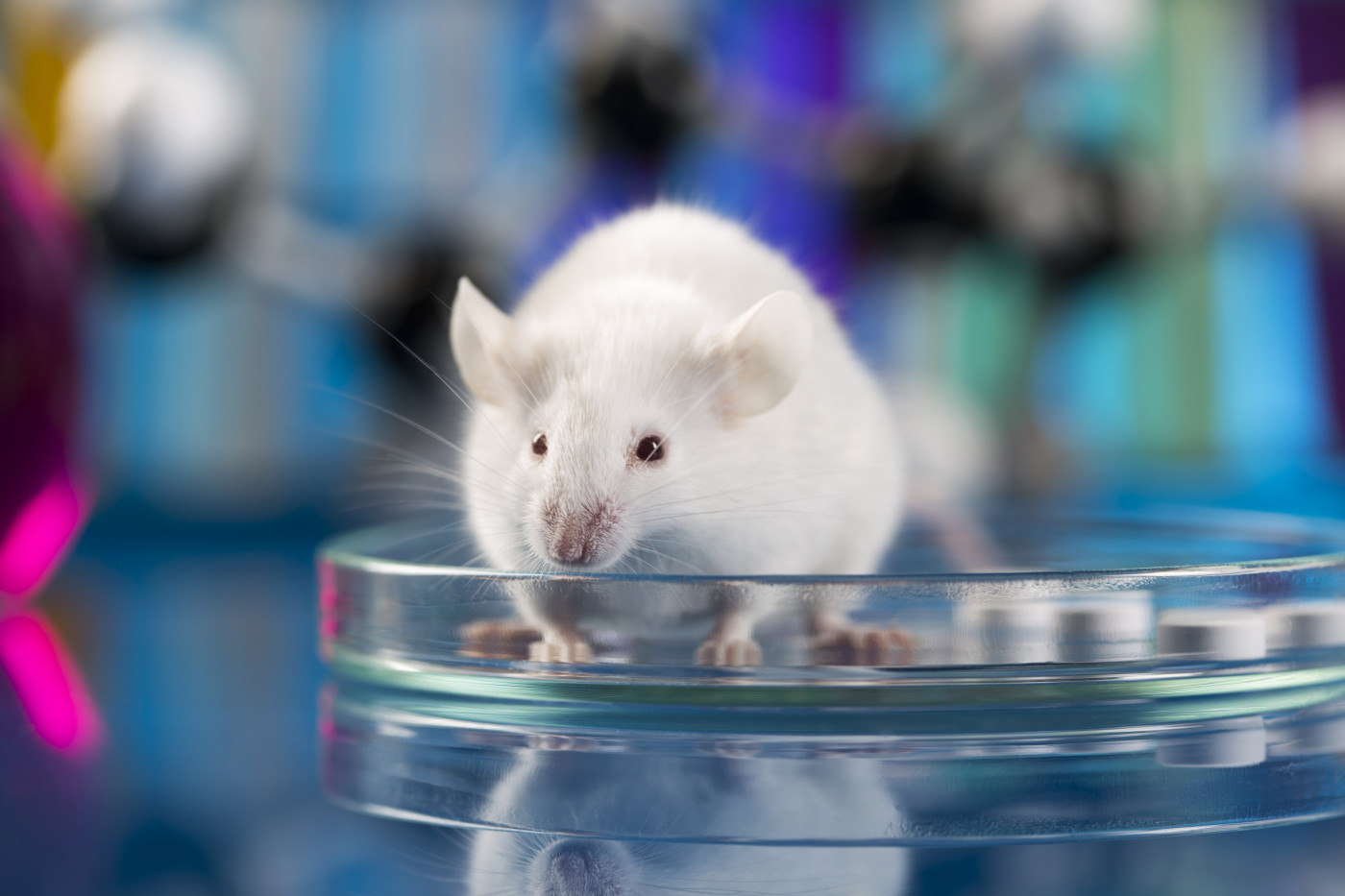PDE4 Inhibitors May Help Treat CF, Dry Mouth
Written by |

Blocking an enzyme called phosphodiesterase-4 (PDE4) may be useful in the treatment of dry mouth and cystic fibrosis (CF), new preclinical research suggests.
The study, “Inhibition of cAMP-Phosphodiesterase 4 (PDE4) Induces Salivation in Mice,” is being presented virtually at the American Society for Pharmacology and Experimental Therapeutics annual meeting.
PDE4 is an enzyme that helps to modulate the activity of certain signaling molecules within cells. PDE4 is thought to promote inflammation, but the enzyme’s effects are largely dependent on the particular biological context in which it is activated. Researchers are working to understand the role of PDE4 in various diseases, and how it might be therapeutically targeted.
Abigail Boyd and other scientists at the University of South Alabama were working to test the effects of blocking PDE4 during bacterial lung infections in mice, when they noticed something unexpected: when the mice were treated with a PDE4 inhibitor, they started to salivate abnormally.
This led the researchers to wonder if PDE4 inhibitors might be useful in the treatment of dry mouth, where insufficient saliva is produced.
“Saliva, while often taken for granted, is indispensable for oral health and overall well-being,” Boyd, a PhD student, said in a press release.
It is estimated that more than one in 10 people will experience dry mouth at some point in their life. Dry mouth can be caused by certain health conditions (e.g., Sjögren’s syndrome) and by some medical treatments, such as radiation for cancer. Dry mouth also may develop over the normal course of aging.
“New ways to treat dry mouth are needed since treatment options are currently limited,” according to Boyd.
In experiments in mice, Boyd and colleagues tested several kinds of PDE4 inhibitors, including roflumilast, which is approved under the brand name Daliresp as a treatment for chronic obstructive pulmonary disease. They demonstrated that PDE4 inhibitors increase salivation by blocking the enzyme’s activity in the salivary glands, which make saliva, and the autonomic nervous system — the part of the nervous system that regulates involuntary bodily processes such as breathing and digestion.
The known inflammation-modulating activity of PDE4 also may play a role.
“Although the causes of salivary gland dysfunction are varied, there is often an inflammatory component. Thus, in addition to stimulating salivary secretions, PDE4 inhibition may also exert therapeutic benefits by alleviating the inflammatory responses that cause salivary gland dysfunction,” Boyd said.
The investigators also tested the effect of PDE4 inhibition in a mouse model of CF, which is caused by a functional lack of the cystic fibrosis transmembrane conductance regulator (CFTR) protein. The scientists demonstrated that PDE4 controls CFTR-dependent salivation in mice. That suggests this strategy might have therapeutic benefit in treating CF.
“Our data identify PDE4 as a critical regulator of CFTR function in an in vivo model and suggests a therapeutic potential of PDE4 inhibition to alleviate CFTR hypofunction [decreased function] in cystic fibrosis,” the team wrote.






